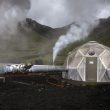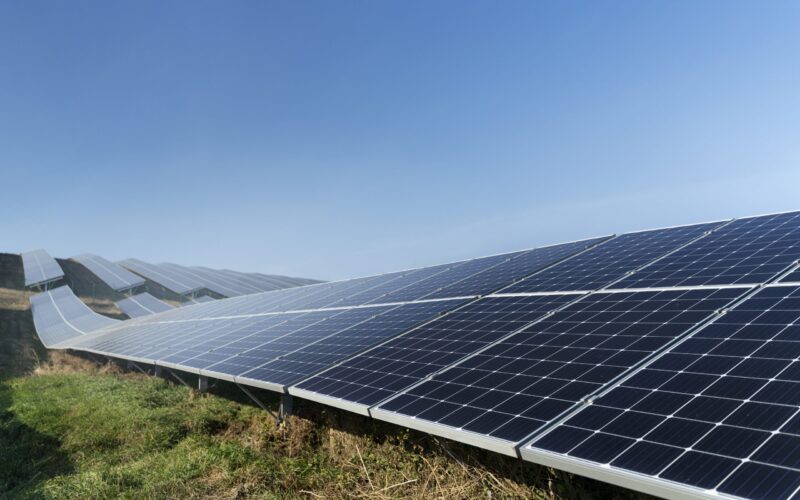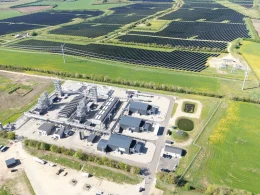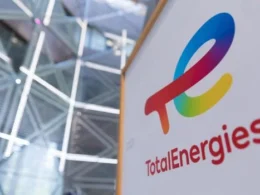Italy could fall short of its European Union carbon reduction commitments because of delays in renewable energy and storage deployment, according to a study produced by energy company Edison and the TEHA Group think tank.
The report warned that Italy is progressing about a decade behind schedule on rolling out renewable power and storage infrastructure, jeopardising its ability to meet EU decarbonisation goals for 2030.
The authors urged policymakers to simplify permitting rules, create greater investment certainty and bring down energy costs. They argued that combining hydropower storage with advanced nuclear and carbon capture technologies could add €190 billion to Italy’s economy by 2050.
Italy has the potential to develop 13.6 gigawatts of hydropower storage capacity across 56 new sites, the study said, noting this could strengthen both energy security and climate resilience.
Edison chief executive Nicola Monti emphasised the need to cut foreign energy dependence, boost domestic supply chains such as hydroelectric pumping, and pursue European partnerships in next-generation nuclear and carbon capture.
The report also highlighted the challenges facing solar power, with Italian projects costing around 20% more than those in France, Germany and Spain, due to grid congestion, land constraints and lengthy approval processes.





















